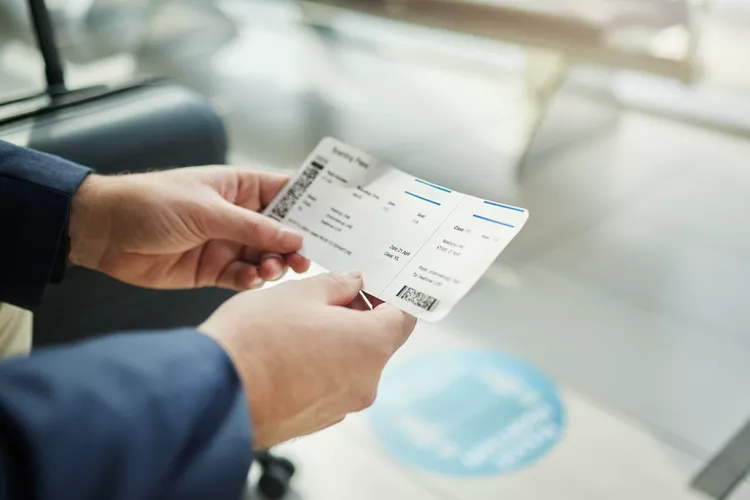Summary
- Risks of Posting Boarding Pass Online
- Consequences of Identity Theft
- Best Practices for Safe Travel
Protect Your Personal Data While Traveling
We understand that excitement often leads travelers to share photos of their boarding passes and passports on social media. However, this practice can expose your personal information, leading to potential risks.
Understanding the Risks of Posting Your Boarding Pass
Your boarding pass displays several important details, including your full legal name, your ticket number, and your passenger name record (PNR). This six-digit code is specific to your booking, and with your PNR and last name, a malicious actor could access your booking information. Amir Sachs, founder and CEO of cybersecurity firm Blue Light IT, highlights that a hacker could retrieve your phone number, email, and emergency contact data.
The Threat of Identity Theft
The implications of this information cannot be underestimated. With just your name and PNR, anyone can modify or cancel your flights without needing a password. Additionally, if a hacker gains access to your frequent flyer account—which typically does require a password—your valuable frequent flyer miles could be easily stolen.
The Consequences of Data Exposure
According to Josh Amishav, founder and CEO of Breachsense, the data on your boarding pass can facilitate identity theft, enabling scams such as opening credit card accounts or making unauthorized purchases. Furthermore, hackers often employ social engineering tactics, posing as airline representatives to extract more personal data from you or to orchestrate targeted phishing campaigns.
Best Practices for Safe Travel
- Consider using mobile boarding passes to avoid leaving physical copies behind, which can be stolen.
- If you opt for a printed boarding pass, securely dispose of it using a shredder.
- Be cautious about sharing travel plans online, as this indicates to potential thieves that your home will be unoccupied.
Even with mobile boarding passes, it’s important to remain vigilant, as apps can also be hacked. If you choose to post a photo of your boarding pass, ensure that you obscure all identifiable information, including the barcode. Kevin Roundy from Norton warns that scanners can recover sensitive data from boarding passes shared online or left unattended.
Avoid oversharing by delaying the posting of travel photos. Instead, consider saving your updates until after you’ve returned home. It’s crucial to prioritize safety and ensure your personal information remains protected during your travels.




